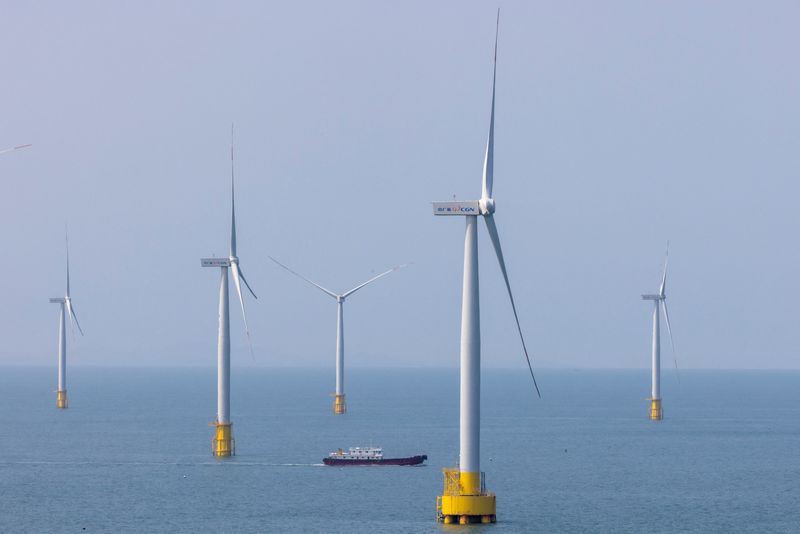TOMS RIVER, NJ — Danish energy company Orsted will discontinue development of two major offshore wind projects, Ocean Wind 1 and 2, near New Jersey, the firm confirmed this week. The announcement came after Orsted recognized potential losses up to DKK 16 billion ($2.266 billion), attributing the negative outcome to supply chain issues and rising interest rates.
Representative Chris Smith (R-Manchester) responded to the development, noting Orsted’s conclusion to cease these projects due to financial losses despite substantial taxpayer subsidies and projected consumer cost increases. Smith highlighted this move as an initial step in revealing the financial and environmental flaws of such offshore endeavors.
“Turns out that despite huge taxpayer subsidies and credible predictions of big increases to ratepayers, Orsted has concluded that they will still lose money,” Smith said. “Orsted’s decision was a first step in exposing the economic unsustainability and environmental dangerousness of ocean wind turbines—each the size of the Chrysler Building in New York City—and Orsted’s pulling out of the deal may help slow and eventually halt similar projects off New Jersey’s coast.”
The termination of these projects has been deemed a success by local constituents, environmental advocates, and New Jersey’s fishing community, who have allied with Smith and Representative Jeff Van Drew in opposition to the proposed maritime industrial activities. These groups have raised concerns over the potentially devastating effects on marine life, fisheries, tourism, and the safety of navigation and aviation due to radar interference.
The U.S. House of Representatives passed a Smith-authored amendment on July 20, necessitating presidential certification that offshore wind farms will not disrupt aviation or military radar systems. This legislation is currently awaiting Senate consideration.
Smith referenced several studies to support his position, including a 2020 Bureau of Ocean Energy Management (BOEM) analysis on radar interference, a 2017 interagency study on the unique impacts to coastal radar systems by offshore wind turbines, and a 2022 National Academy of Sciences report indicating a lack of mitigation techniques for wind turbine generator interference.
In addition, a House-approved amendment in March, which received bipartisan support, mandates a Government Accountability Office (GAO) investigation into the environmental and industrial impacts of wind turbines. The results of this audit, initiated by Smith in June, are anticipated shortly.
